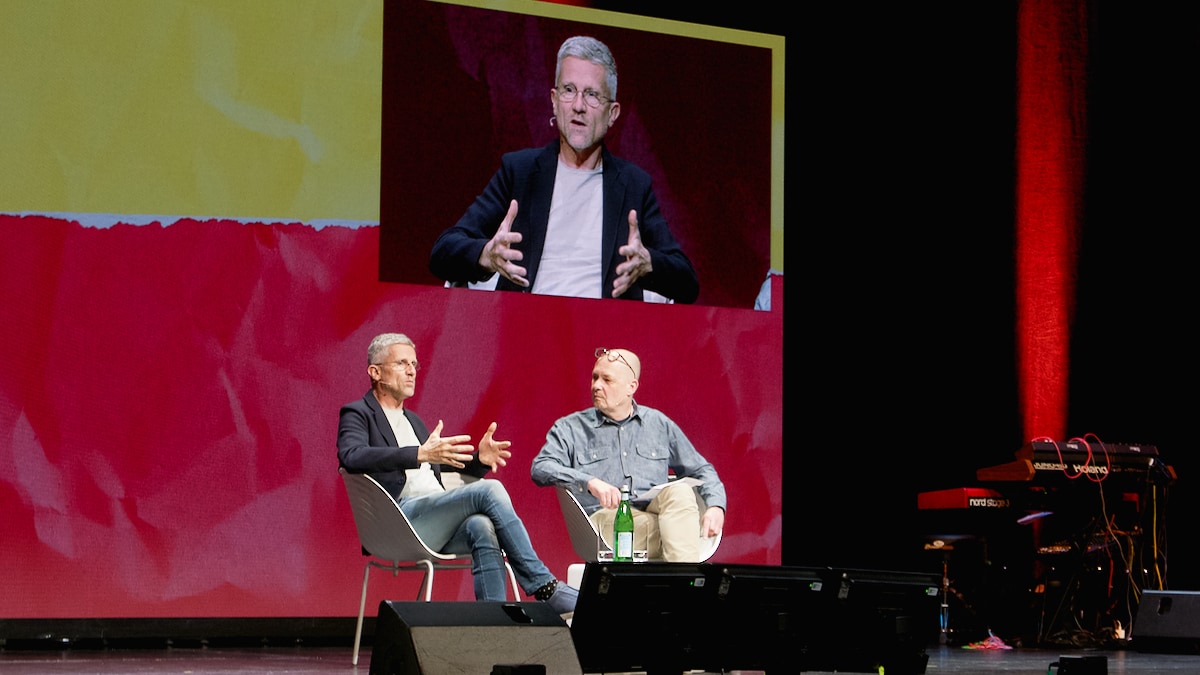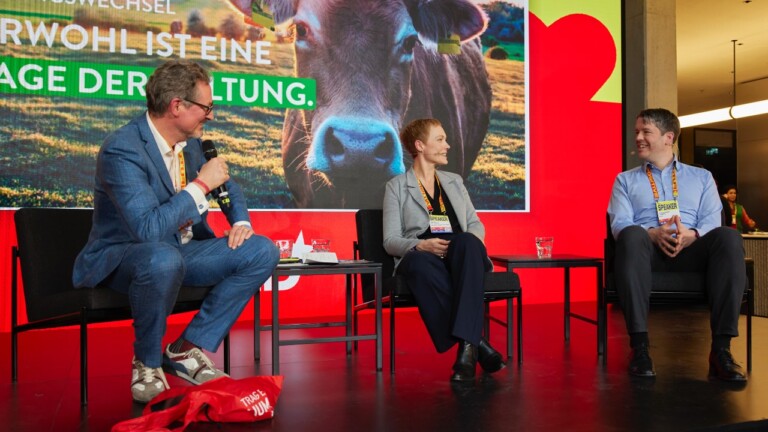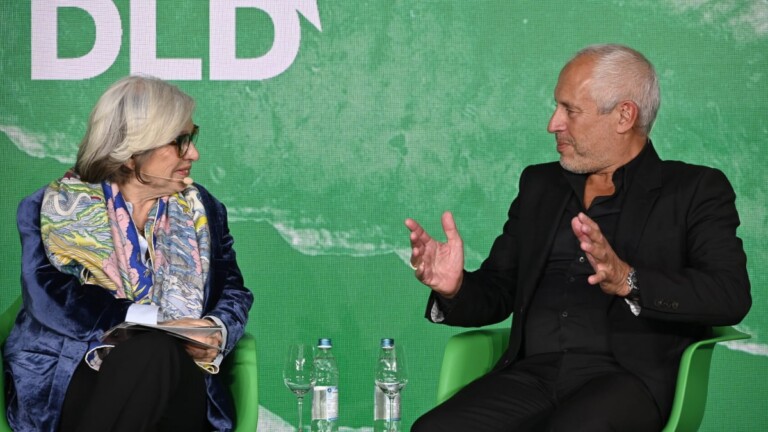The corona pandemic has been a unique experiment to test the value of social networks and in-person meetings. In this DLD22 discussion, architect and MIT researcher Carlo Ratti and journalist Andrian Kreye (Süddeutsche Zeitung) explore why cities are essential to society, creativity and the future of work.
“Just two years ago, everybody was saying, ‘Cities are dead’”, Ratti observes – but that never made sense, he argues. “Cities, in over 10,000 years, have gone through many pandemics, much devastation, many wars – and have always come back.”
But the shift to remote work during the pandemic did have a negative effect on innovation and work relationships, as Ratti’s research group at MIT showed in a study.
“What we discovered is, if we don’t meet in physical space our social networks become weaker and weaker”, he explains. This effect is particularly pronounced when it comes to so-called “weak ties” – people we meet less frequently, who are not close friends but “bridges to different communities”, Ratti says.
“And if we don’t meet in physical space, what we observe is that after two years of remote working, smart working, virtual working […] our social networks suffer. All those weak ties so important for creativity tend to disappear.”
But it’s also clear that many office people demand greater flexibility – working from home, working from another city, organizing life differently.
“And that means, how can we redesign the office?”, Ratti says. “Even if we spend less time together, how can we build a choreography of office life that actually allows us to strengthen our networks?”
Ratti also explains why he’s not a fan of the concept of a 15-minute city, where everything is within reach of a 15-minute radius.
“What you realize is [that] it would be a city of villages” Ratti says. “Or even worse, a city of enclaves, of ghettos”, where rich or poor people stay among themselves “and don’t communicate with each other”.
To fix this issue, cities need more parks and public spaces, which bring people together and create personal encounters. This also serves as “the best antidote” to polarization, Ratti argues.
“The city has a beautiful dimension that you don’t have in digital, which is inevitability. You need to confront diversity.” Online, by contrast, it’s easy to avoid different opinions. “You just block people or unfriend them. And then you stay only in your bubble.”




